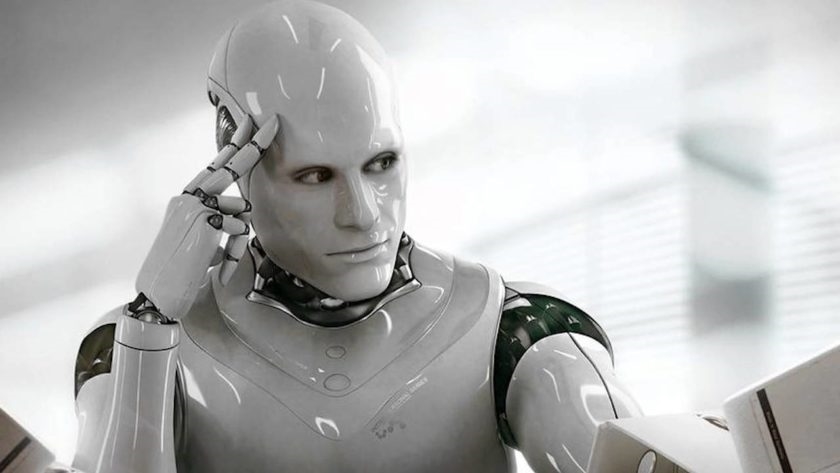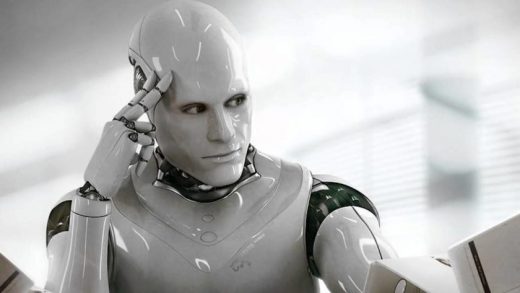Automation to hit poorer workers hardest, says report
Automation to hit poorer workers hardest, says report

The proliferation of robots and artificial intelligence into the workplace will make social inequality even worse and lead to significant job losses, according to a report from the Boston Consulting Group.
The report says that while automation will affect a broad range of jobs, the rich will be able to retrain and deploy themselves into new fields, while people on lower incomes will not have access to those same opportunities. This is already the case in the U.K., where coal, steel, and fishing workers have often been left without sufficient retraining programs and lack the income to enter a new trade.
See Also: How Monsanto protects crops with artificial intelligence
A reduction in the amount of “stepping stone” jobs, like paralegals and bookkeepers, will also make it harder for young employees and those without a university to move up the employment ladder, as those jobs are the most in threat when automation strikes.
The rise in soft skills, like communication, confidence, and resilience, will also add to the gap in employment between the rich and poor, said Sutton Trust research manager, Carl Cullinane:
“It’s long established that private schools put a lot of effort into making sure their pupils have those sorts of skills… And these will become even more important in a crowded labor market.”
Automation will pry gap open between rich and poor
It is not the only report that sees the gap between rich and poor growing as automation becomes commonplace, a report from Ball State University, with help from the Center for Business and Economic Research, claims that jobs in the $ 40,000 salary range are the most likely to be taken away by AI and robots.
“Automation is likely to replace half of all low-skilled jobs,” said CBER director Michael Hicks. “Communities where people have lower levels of educational attainment and lower incomes are the most vulnerable to automation. Considerable labor market turbulence is likely in the coming generation.”
It is not all doom and gloom, Sutton Trust expects STEM professions to remain resilient against the tide of automation, and available to people from high and low wages. The report suggests that the U.K. government should do more to push students and people in need of re-training to professions that involve science, technology, engineering, and mathematics.
The post Automation to hit poorer workers hardest, says report appeared first on ReadWrite.
(48)












